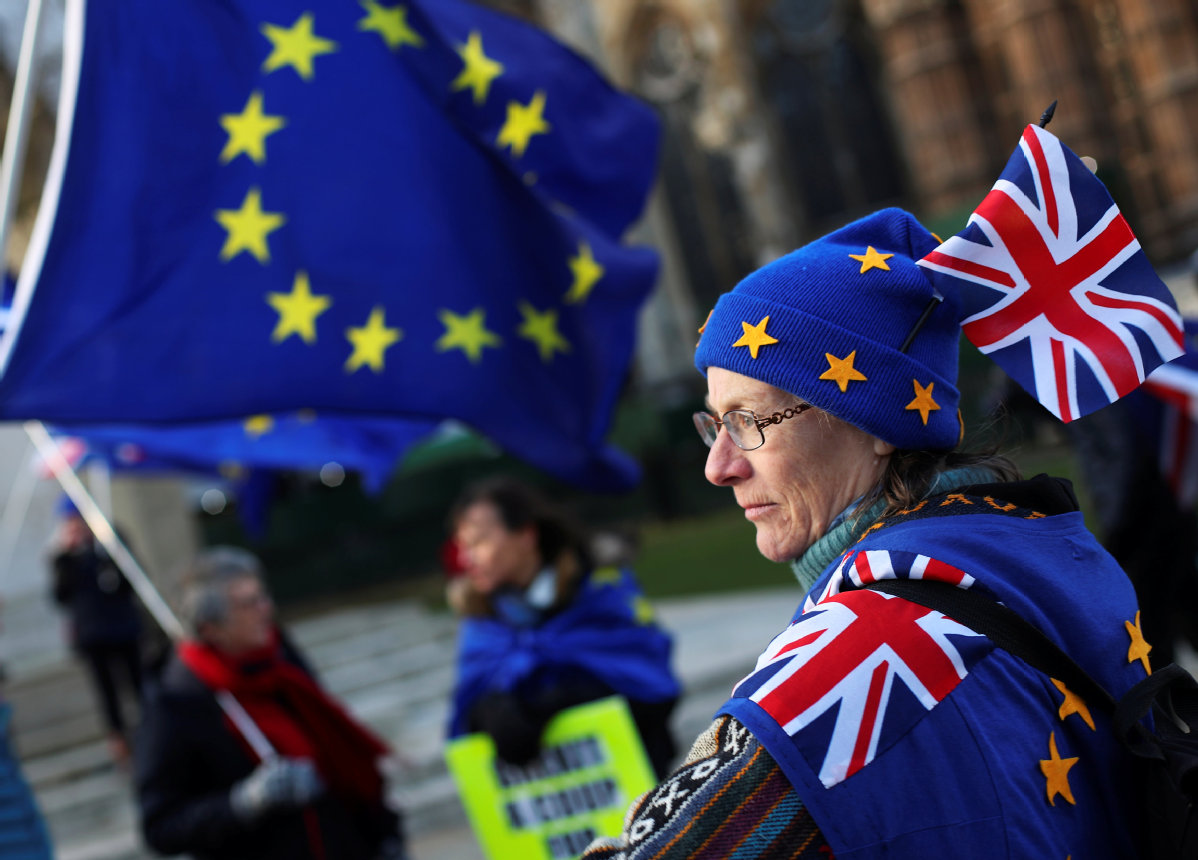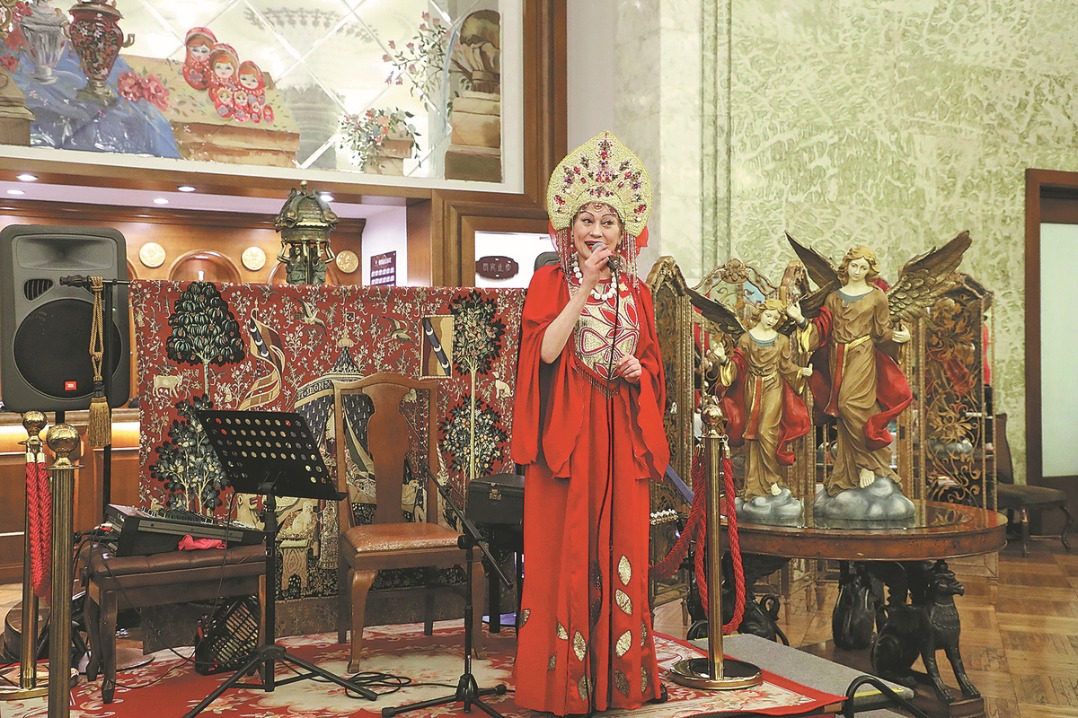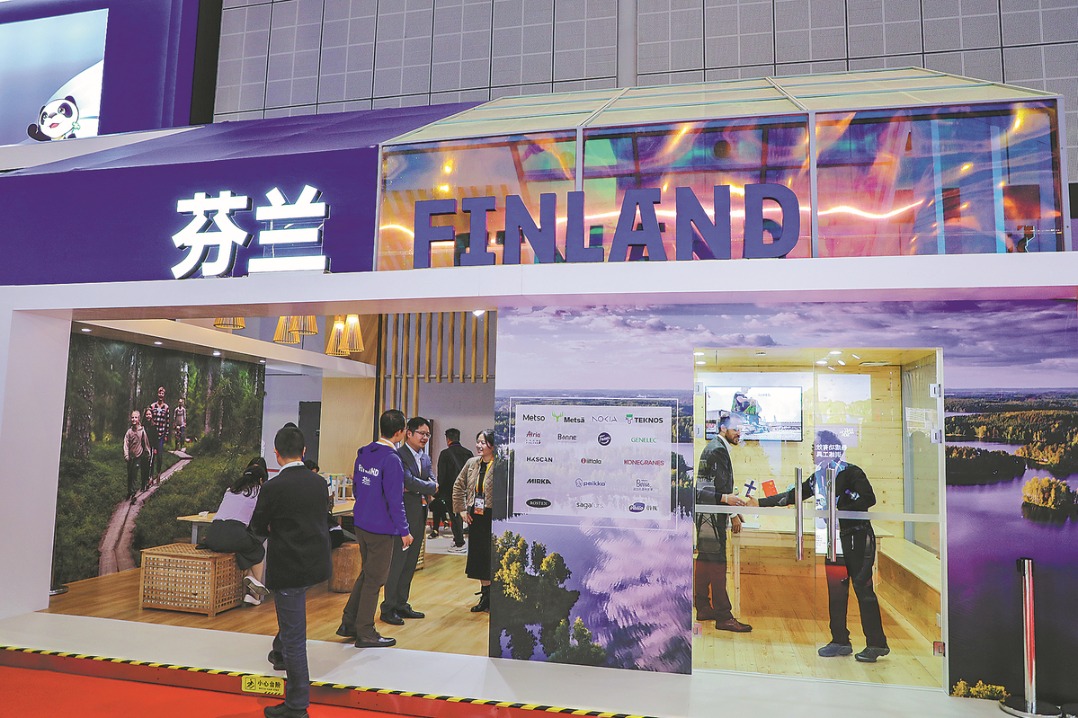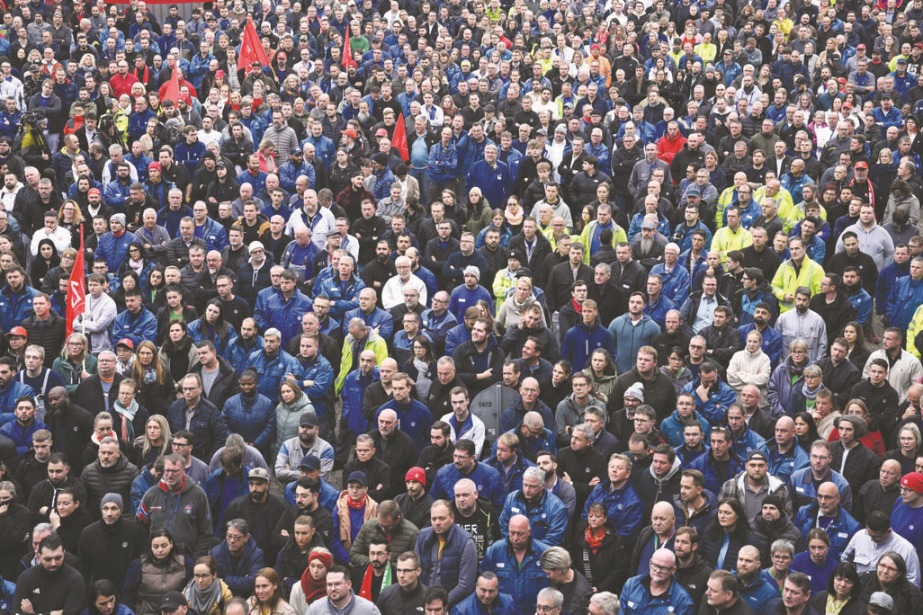UK rejects customs union with EU


The British government has indicated a policy change over its approach to Britain's exit from the European Union, after sources close to the prime minister's office rejected the prospect of Britain being part of any future customs union.
The EU's chief negotiator Michel Barnier is in London this week for talks with Prime Minister Theresa May and other leading officials as questions grow over her government's plan for Britain's relationship with the EU after leaving the block in March 2019.
Last week on a visit to China, May refused to rule out being part of a post-Brexit customs union, and in a BBC interview on Sunday, home secretary Amber Rudd backed this up, saying May "has an open mind on it. We published a document last year saying how we would do it and we proposed either a customs arrangement or a customs partnership. Those are both alternatives we could look at".
But on the eve of her talks with Barnier, the Guardian newspaper quoted a source close to the prime minister, saying: "It is not our policy to be in the customs union."
Britain's departure after more than four decades of EU membership will be complex but there are very public splits in May's Conservative Party over how it should be handled.
A clean break
Hard Brexiteers, including cabinet members Boris Johnson and Michael Gove, along with Jacob Rees-Mogg, widely tipped as a future party leader, support a clean break. Rudd and chancellor Philip Hammond favor a more amicable withdrawal, improving chances of better future trading relations with the EU and its market of 500 million people.
Britain hopes a two-year transition will make Brexit's impact gradual, and that will be one of this week's topics of discussion, along with immigration and third-party trade deals.
Barnier has indicated the EU is in no mood to grant concessions in that time, telling AFP that Britain "will continue to have all the economic benefits, therefore it must apply all the rules".
In light of government divisions, anti-Brexit politicians have become increasingly vocal.
Labour MP Chuka Umunna told AFP the government was "trying to deliver something that isn't deliverable".
"If the people started this in 2016 (with the Referendum), they should be the ones who decide how we end it, and whether or not we do actually leave."

































